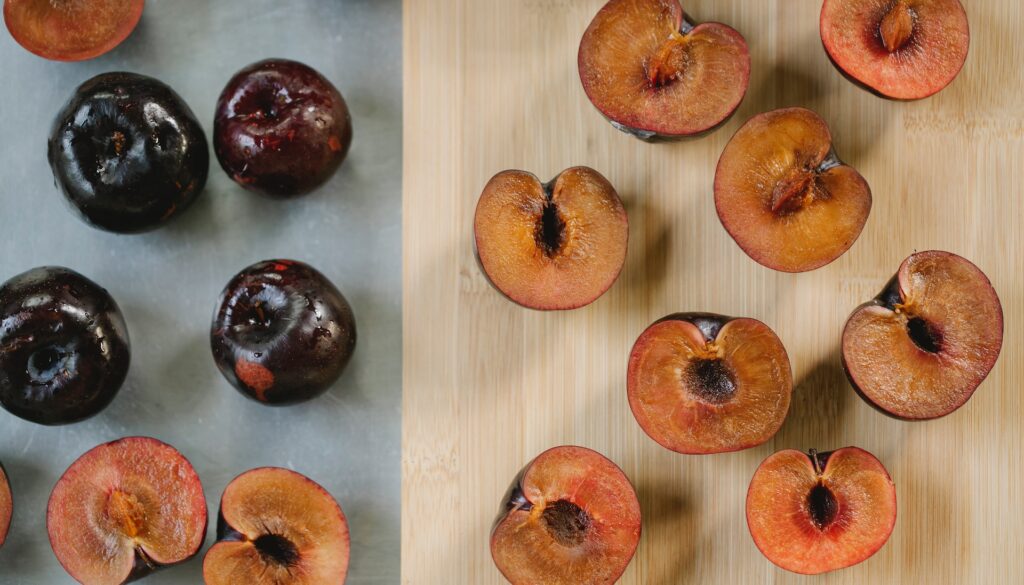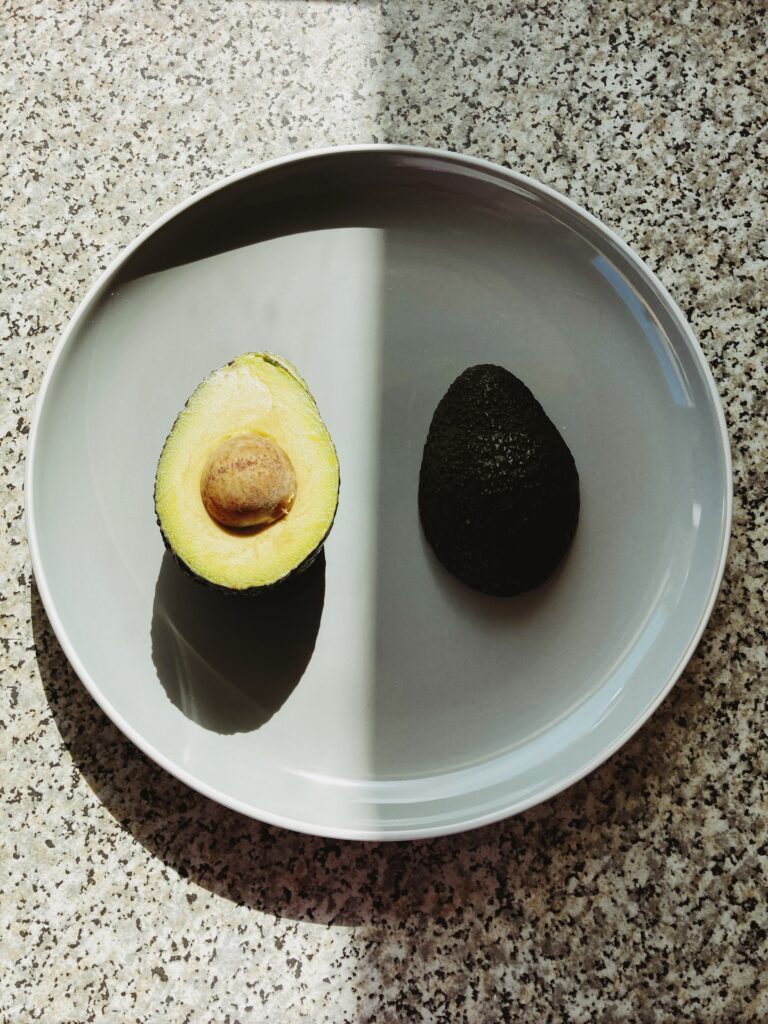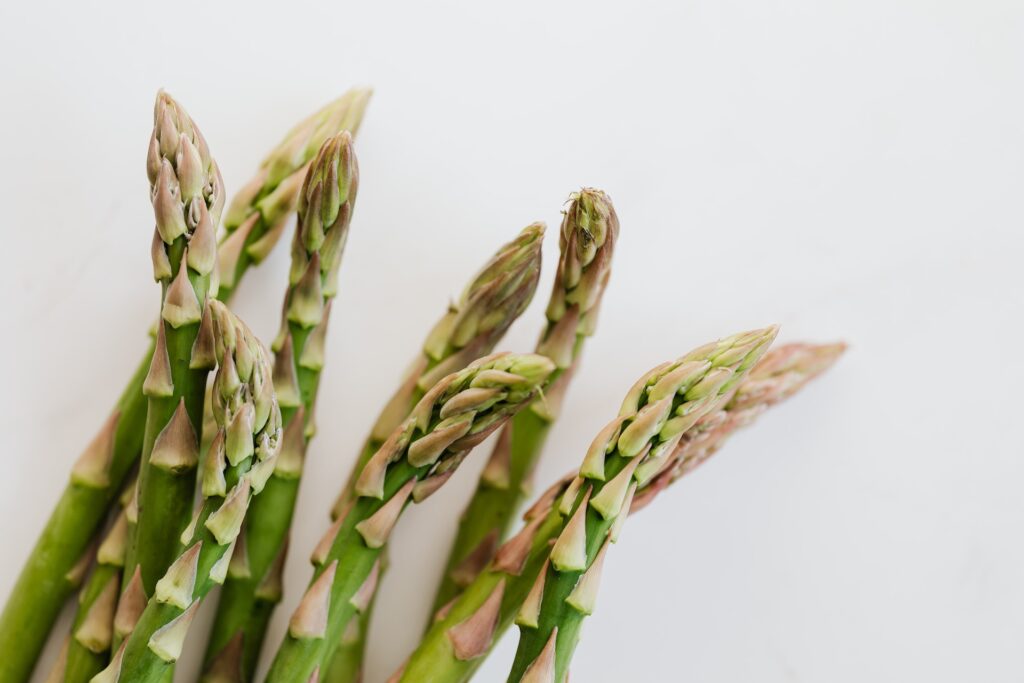Plant-based diets and Veganism
Plant-based diets and veganism have become progressively well-known lately as individuals search for better and more environmentally sustainable ways of eating. A plant-based diet is a dietary example that underscores entire plant food sources like organic products, vegetables, entire grains, vegetables, nuts, and seeds while limiting or disposing of creature items. Veganism, on the other hand, is a lifestyle that seeks to exclude all forms of exploitation and cruelty to animals for food, clothing, or any other purpose.
Plant-Based Diets
A plant-based diet is a dietary example that emphasizes whole plant food sources while limiting or eliminating animal products. There are various kinds of plant-based diets from food, including vegetarian, flexitarian, and vegan diets.
Vegetarian diets typically exclude meat, poultry, and fish, but may include other animal products such as dairy and eggs. Flexitarian diets are plant-based diets that allow for the occasional consumption of animal products. Vegan diets exclude all animal products, including meat, dairy, eggs, and honey.
There are various health benefits related to a plant-based diet. Studies have shown that plant-based diets can help reduce the risk of chronic disease, type 2 diabetes, and certain types of cancer. Plant-based dies are also associated with lower levels of irritation, improved digestion, and a healthier weight.

In addition to the health benefits, plant-based diets are also more environmentally sustainable. Animal agriculture is a major contributor to greenhouse gas emissions and deforestation, and a shift towards plant-based diets can help reduce these environmental impacts.
Transitioning to a plant-based diet can be challenging, but there are many tips and resources available to help make the transition easier. Some tips include gradually reducing the number of animal products in your diet, experimenting with new plant-based foods and recipes, and seeking support from online communities or plant-based dietitians. By incorporating more whole plant foods into your diet, you can improve your health and reduce your environmental footprint.
Veganism
Veganism is a way of life that seeks to prohibit all forms of exploitation and cruelty for food, clothing, or some other reason. In addition to excluding animal products from their diets, vegans also avoid using products made from animals such as leather, wool, and silk.

There are many reasons why people choose to become vegan, including animal welfare, environmental concerns, and health benefits. Vegans believe that animals have the right to live free from human exploitation and that it is unethical to use animals for food, clothing, or any other purpose.
Notwithstanding the moral contemplations, there are likewise medical advantages related to a vegetarian diet. Studies have shown that vegetarians have lower paces of constant illnesses like coronary illness, type 2 diabetes, and specific sorts of diseases. Vegetarian slims down are commonly high in fiber, nutrients, and minerals, and low in immersed fat and cholesterol.
Notwithstanding the many advantages of a vegetarian diet, there are a few normal misguided judgments about veganism. One of the most well-known confusions is that it is hard to get sufficient protein on a vegetarian diet. Be that as it may, there are many plant-based wellsprings of protein like beans, lentils, tofu, and tempeh.
Progressing to a vegetarian way of life can be testing, yet there are numerous assets accessible to assist with making the change more straightforward. A few hints incorporate step-by-step wiping out animal foods from your eating regimen, trying different things with new vegan food varieties and recipes, and looking for help from online networks or vegetarian dietitians.
Generally speaking, veganism is a caring and feasible way of life that offers various advantages for the two animals and people. By taking on a vegetarian way of life, you can have a beneficial outcome on the climate, work on your health, and advance animal government assistance.
Plant-Based Nutrition
A plant-based diet can give every one of the supplements your body needs, including protein, fiber, nutrients, and minerals. In any case, it is essential to focus on your supplement consumption while changing to a plant-based diet, particularly in the event that you are eliminating certain food groups such as dairy or meat.
Protein is a significant supplement for building and fixing tissues in the body, and plant-based sources of protein can be similarly essentially as viable as animal-based sources. Great sources of plant-based protein incorporate beans, lentils, tofu, tempeh, nuts, and seeds.
Iron is another supplement that is significant for overall health, and plant-based sources of iron incorporate salad greens, beans, braced cereals, and dried organic products. It is essential to eat L-ascorbic acid-rich food varieties, for example, citrus natural products, tomatoes, and chime peppers close by iron-rich food sources to upgrade retention.
Calcium is significant for bone health, and great sources of plant-based calcium incorporate mixed greens, fortified plant milk, tofu made with calcium sulfate, and calcium-fortified orange juice.
Vitamin B12 is a fundamental supplement that is primarily found in animal products, so veggie lovers should enhance with vitamin B12 or drink sustained food sources, for example, plant milk, grains, or dietary yeast.
As well as focusing on supplement consumption, it is critical to eat an assortment of plant-based food varieties to guarantee a balanced eating regimen. Eating a rainbow of products from the soil can give a large number of nutrients and minerals, and consolidating entire grains, nuts, and seeds can give extra fiber, protein, and solid fats.
Generally, a plant-based diet can give every one of the supplements your body needs for optimal health, yet it is critical to be aware of supplement consumption and eat an assortment of plant-based food varieties. Consult with a registered dietitian who works in plant-based nourishment can likewise be useful in guaranteeing a balanced and adjusted diet.
Plant-Based and Vegan Recipes
Changing to a plant-based or vegan diet doesn’t mean forfeiting taste or variety in your dinners. There are endless flavorful and nutritious plant-based and vegetarian recipes accessible on the web and in cookbooks.

Plant-based and vegan diets emphasize whole, unprocessed food, such as fruits, organic products, vegetables, entire grains, and vegetables. These food varieties can be changed into a large number of dishes and can be used in dishes such as sandwiches and salads.
One well-known plant-based protein source is tofu, which can be utilized in various dishes, for example, sautés, tacos, and even sweets. Tempeh, another soy-based protein source, can be utilized in dishes, for example, sandwiches and mixed greens.
Vegetables like beans, lentils, and chickpeas are additionally flexible and can be utilized in various dishes like soups, stews, and curries. Nuts and seeds can be utilized as garnishes for servings of mixed greens or mixed into sauces and plunges.
Notwithstanding these plant-based protein sources, there are numerous delightful plant-based recipes that include vegetables as the star of the dish. Simmered vegetables, for instance, can be prepared with spices and flavors and filled in as a side dish or finished with grains or vegetables for a good fundamental course.
For those with a sweet tooth, there are likewise numerous tasty veggie lover dessert recipes accessible. Vegetarian treats, cakes, and brownies can be made utilizing plant-based fixings, for example, fruit purée, coconut oil, and nut milk.
In general, there are endless delectable and nutritious plant-based and veggie-lover recipes accessible, making it simple to enjoy a great many food sources while following a compassionate and sustainable lifestyle.
Challenges and Solutions
Transitioning to a plant-based or vegan diet can come with some challenges, but with some planning and preparation, these challenges can be overcome.
One common challenge is finding plant-based options when dining out or at social events. It can be helpful to research restaurant menus ahead of time and to ask for modifications to menu items, such as substituting animal-based proteins with plant-based options. Bringing a plant-based dish to social events can also ensure that there are options available.

Another challenge is ensuring adequate nutrient intake, particularly for those who are eliminating certain food groups such as dairy or meat. Consulting with a registered dietitian who specializes in plant-based nutrition can be helpful in ensuring a well-rounded and balanced diet. It is also important to consume a variety of plant-based foods to ensure a wide range of nutrients.
For those who are new to cooking plant-based meals, it can be helpful to start with simple recipes and gradually work up to more complex dishes. There are many resources available, including cookbooks and online recipe websites, that can provide inspiration and guidance.
Social pressures can also be a challenge when transitioning to a plant-based or vegan lifestyle. It can be helpful to find a supportive community, whether it be through local vegan or vegetarian groups or online forums.
Overall, while there may be some challenges when transitioning to a plant-based or vegan lifestyle, there are many solutions available. With some planning and preparation, it is possible to enjoy a compassionate and sustainable lifestyle while also meeting all of your nutrient needs.
Conclusion
Plant-based diets and veganism have become progressively well-known lately, determined by concerns for animal welfare, assistance, natural manageability, and individual health. These ways of life offer a compassionate and reasonable approach to living while likewise giving various health benefits.
Changing to a plant-based or vegan diet can be a challenging but rewarding experience. With access to various tasty and nutritious plant-based food varieties and the accessibility of supportive assets, for example, cookbooks and online recipe sites, it is easier than ever to make the transition.
Apr 6, 2023 4 comments









